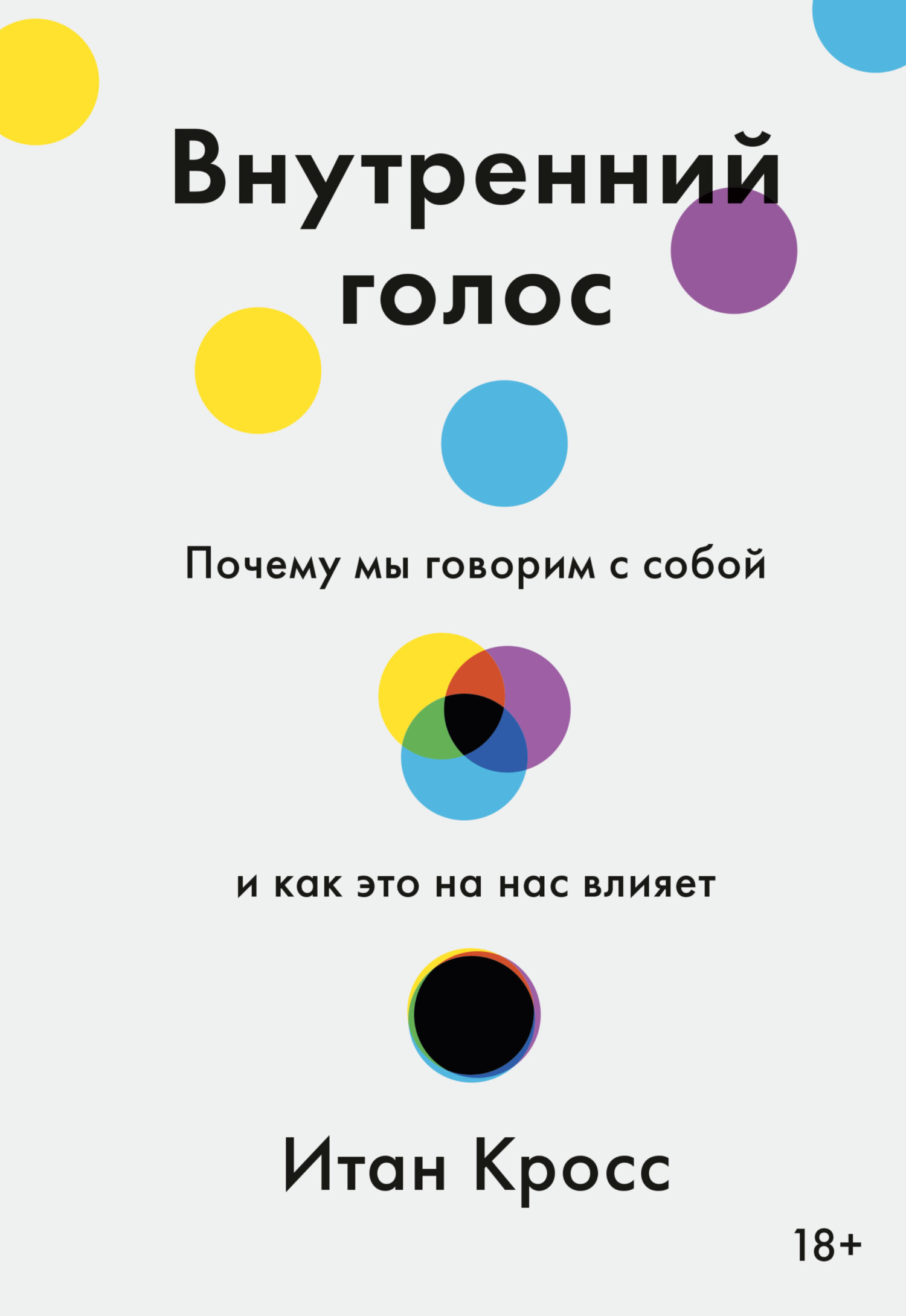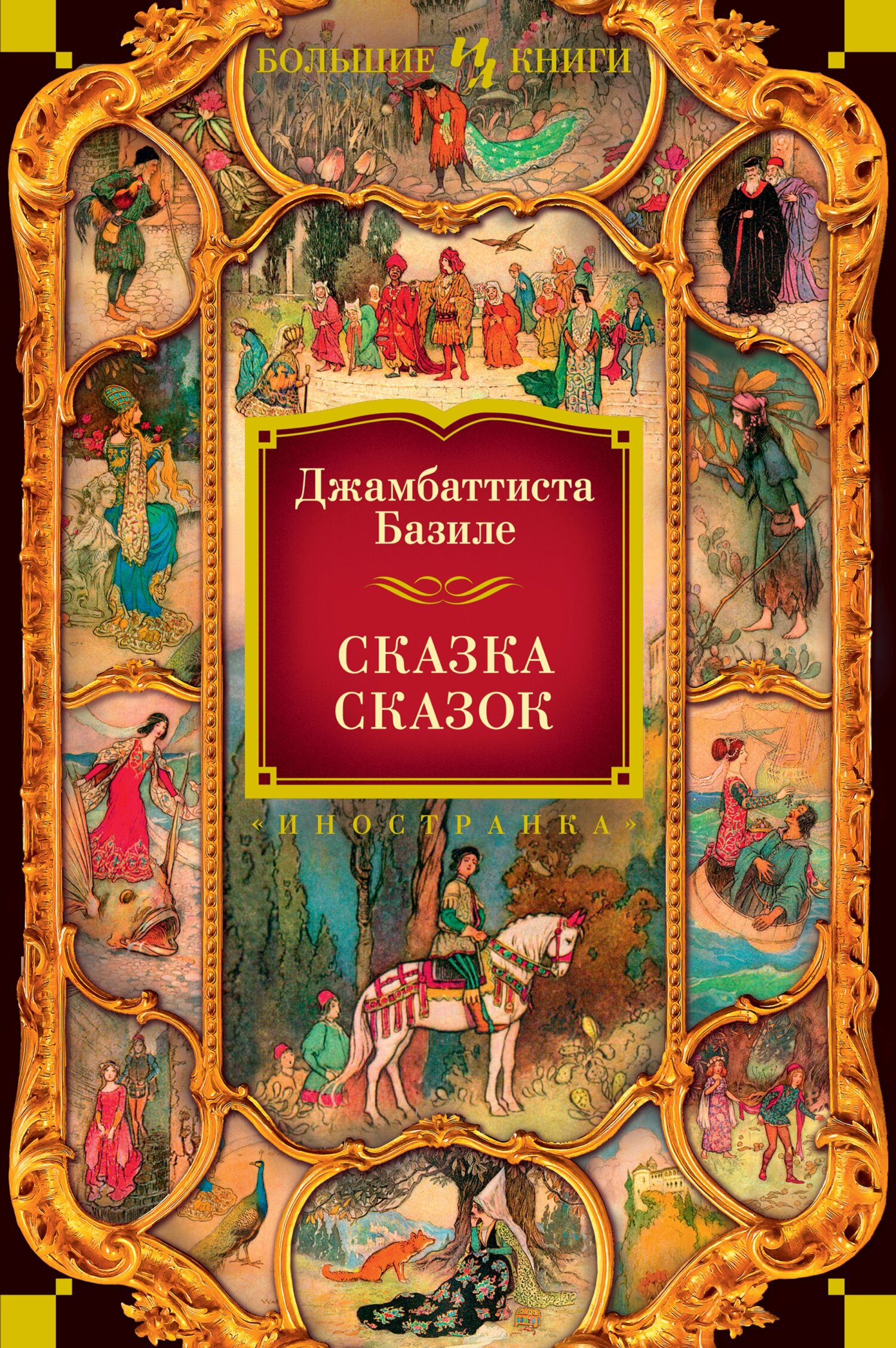the Support of External Systems,” Journal of Personality and Social Psychology 95 (2008): 18–35. Подробнее см.: Landau, Kay and Whitson. “Compensatory Control and the Appeal of a Structured World”.
Landau, Kay and Whitson. “Compensatory Control and the Appeal of a Structured World”.
Jennifer A. Whitson and Adam D. Galinsky. “Lacking Control Increases Illusory Pattern Perception,” Science 322 (2008): 115–117.
Keisha M. Cutright. “The Beauty of Boundaries: When and Why We Seek Structure in Consumption,” Journal of Consumer Research 38 (2012): 775–790. Также см.: Samantha J. Heintzelman, Jason Trent and Laura A. King. “Encounters with Objective Coherence and the Experience of Meaning in Life,” Psychological Science 24 (2013): 991–998.
Alexa M. Tullett, Aaron C. Kay and Michael Inzlicht. “Randomness Increases Self-Reported Anxiety and Neurophysiological Correlates of Performance Monitoring,” Social Cognitive and Affective Neuroscience 10 (2015): 628–635.
Catherine E. Ross. “Neighborhood Disadvantage and Adult Depression,” Journal of Health and Social Behavior 41 (2000): 177–187.
Не все люди, страдающие обсессивно-компульсивным расстройством, стремятся навести порядок вокруг. Miguel Fullana. “Obsessions and Compulsions in the Community: Prevalence, Interference, Help-Seeking, Developmental Stability, and Co-occurring Psychiatric Conditions,” American Journal of Psychiatry 166 (2009): 329–336.
Подробнее см.: Landau, Kay and Whitson. “Compensatory Control and the Appeal of a Structured World”.
Для описания истории Месмера я пользовался следующими источниками: George J. Makari. “Franz Anton Mesmer and the Case of the Blind Pianist,” Hospital and Community Psychiatry 45 (1994): 106–110; Derek Forrest. “Mesmer,” International Journal of Clinical and Experimental Hypnosis 50 (2001): 295–308; Douglas J. Lanska and Joseph T. Lanska. “Franz Anton Mesmer and the Rise and Fall of Animal Magnetism: Dramatic Cures, Controversy, and Ultimately a Triumph for the Scientific Method,” in Brain, Mind, and Medicine: Essays in Eighteenth-Century Neuroscience, ed. Harry Whitaker (New York: Springer, 2007), 301–320; Sadie F. Dingfelder. “The First Modern Psychology Study: Or How Benjamin Franklin Unmasked a Fraud and Demonstrated the Power of the Mind,” Monitor on Psychology 41 (2010), www.apa.org/monitor/2010/07–08/franklin; и David A. Gallo and Stanley Finger. “The Power of a Musical Instrument: Franklin, the Mozarts, Mesmer, and the Glass Armonica,” History of Psychology 3 (2000): 326–343.
Benjamin Franklin. Report of Dr. Benjamin Franklin, and Other Commissioners, Charged by the King of France, with the Examination of Animal Magnetism, as Now Practiced at Paris (London: printed for J. Johnson, 1785).
Стремительный скачок произошел во многом благодаря анестезиологу Генри Бичеру, который в 1955 году опубликовал статью под названием «Мощное плацебо»: Henry Beecher. “The Powerful Placebo,” Journal of the American Medical Association 159 (1955): 1602–1606.
The Editors of Encyclopaedia Britannica. “Amulet,” Encyclopaedia Britannica.
Joseph Jacobs and M. Seligsohn. “Solomon, Seal of,” Jewish Encyclopedia, www.jewishencyclopedia.com/articles/13843-solomon-seal-of.
Mukti J. Campion. “How the World Loved the Swastika – Until Hitler Stole It,” BBC News, Oct. 23, 2014, www.bbc.com/news/magazine-29644591.
Charles E. Schaefer and Donna Cangelosi. Essential Play Therapy Techniques: Time-Tested Approaches (New York: The Guilford Press, 2016).
Dan Snierson. “Heidi Klum Reveals Victoria’s Secret,” Entertainment Weekly, Nov. 21, 2003.
NBA.com Staff. “Legends Profile: Michael Jordan,” NBA, www.nba.com/history/legends/profiles/michael-jordan.
Rina Raphael. “Is There a Crystal Bubble? Inside the Billion-Dollar ‘Healing’ Gemstone Industry,” Fast Company, May 5, 2017.
Отличное описание психологических приемов, объясняющих, почему разумные люди верят в сверхъестественное, см. в статье Jane Risen “Believing What We Do Not Believe: Acquiescence to Superstitious Beliefs and Other Powerful Intuitions,” Psychological Review 123 (2016): 182–207.
Yoni K. Ashar, Luke J. Chang and Tor D. Wager. “Brain Mechanisms of the Placebo Effect: An Affective Appraisal Account,” Annual Review of Clinical Psychology 13 (2017): 73–98; Ted J. Kaptchuk and Franklin G. Miller. “Placebo Effects in Medicine,” New England Journal of Medicine 373 (2015): 8–9; и Tor D. Wager and Lauren Y. Atlas. “The Neuroscience of Placebo Effects: Connecting Context, Learning and Health,” Nature Reviews Neuroscience 16 (2015): 403–418.
Ted J. Kaptchuk et al. “Components of Placebo Effect: Randomized Controlled Trial in Patients with Irritable Bowel Syndrome,” British Medical Journal 336 (2008): 999–1003.
Karin Meissner et al. “Differential Effectiveness of Placebo Treatments: A Systematic Review of Migraine Prophylaxis,” JAMA Internal Medicine 173 (2013): 1941–1951.
Michael E. Wechsler et al. “Active Albuterol or Placebo, Sham Acupuncture, or No Intervention in Asthma,” New England Journal of Medicine 365 (2011): 119–126.
Например, см.: Andrew L. Geers et al. “Dispositional Optimism Predicts Placebo Analgesia,” The Journal of Pain 11 (2010): 1165–1171; Marta Pecina et al. “Personality Trait Predictors of Placebo Analgesia and Neurobiological Correlates,” Neuropsychopharmacology 38 (2013): 639–646.
C. Warren Olanow et al. “Gene Delivery of Neurturin to Putamen and Substantia Nigra in Parkinson Disease: A Double-Blind, Randomized, Controlled Trial,” Annals of Neurology 78 (2015): 248–257. Дополнительную информацию, подтверждающую эффективность плацебо при лечении болезни Паркинсона, см. в статьях: Raul de la Fuente-Fernandez et al. “Expectation and Dopamine Release: Mechanism of the Placebo Effect in Parkinson’s Disease,” Science 293 (2001): 1164–1166; Christopher G. Goetz. “Placebo Response in Parkinson’s Disease: Comparisons Among 11 Trials Covering Medical and Surgical Interventions,” Movement Disorders 23 (2008): 690–699; American Parkinson Disease Association. “The Placebo Effect in Clinical Trials in Parkinson’s Disease,” March, 6, 2017, www.apdaparkinson.org/article/the-placebo-effect-in-clinical-trials-in-parkinsons-disease/.
Leonie Koban et al. “Frontal-Brainstem Pathways Mediating Placebo Effects on Social Rejection,” Journal of Neuroscience 37 (2017): 3621–3631.
У благотворного эмоционального воздействия плацебо есть и оборотная сторона. Если человек верит, что вещество, которое он принимает, ему навредит, в некоторых случаях так и происходит. Это явление получило название





